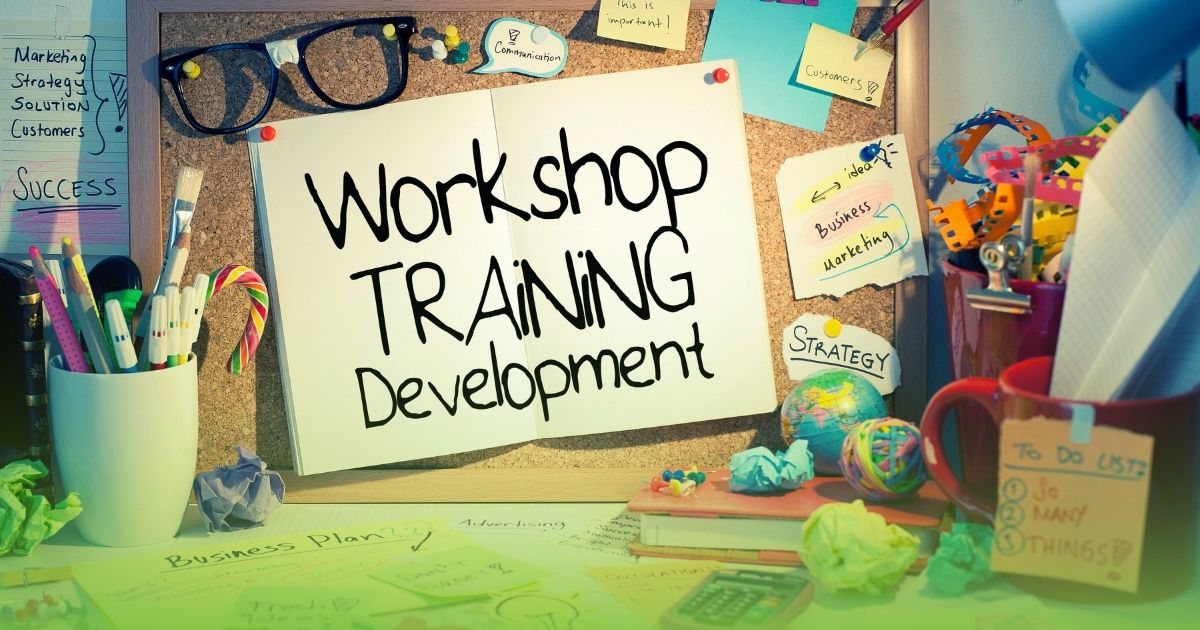“No one will protect what they don’t care about; and no one will care about what they have never experienced,” states renowned biologist Sir David Attenborough [1]. This simple mantra is rooted in far more than ideological nuance, as research has shown that embedding environmental appreciation and understanding into education can have positive effects on students’ willingness to partake in sustainable behaviour [2, 3]. However, this is not limited solely to the classroom, and as the research highlights, there is a need for more interdisciplinary and cross-sectoral collaboration in achieving environmental education and encouraging sustainable comportment. This provides businesses with an opportunity to promote change internally with their team, but also with their customers via a sustainable business model [4, 5].
Creating Change-Makers
Major companies are working towards providing their workforce with opportunities to learn more about climate change and social justice and empower them to take action [4]. In 2021, Deloitte launched a one-of-a-kind climate learning program for its 330,000 employees worldwide that aimed to educate them on the challenges of the climate crisis, and what they could do to mitigate it [6]. As of March 2022, over 80% of their workforce had completed the course, and were supportive of it, indicating that they had a better grasp of Deloitte’s own climate mitigation commitments, but also how they could reduce their own impact [4]. Global governments are already working towards implementing a sustainable economy, and companies are embracing a low-carbon future for their operations and products [7]. While these are steps in the right direction, there is a driver of change that is being omitted: people.
For wide-ranging environmental change to happen, individuals must be more in tune with nature, but also understand how they might be able to help [1-4]. This means educating consumers as well as workers and highlighting how the business is being made more sustainable, why it matters, and how each individual can help, as Carter Roberts, the CEO of the World Wildlife Fund explains [6, 8], “Companies have a big role to play in driving progress. Leading companies today are not only setting science-based targets to slash emissions and drive progress through their supply chains. They are also engaging their customers and employees to make smarter choices and build momentum for broader societal progress.”
Accessible Education
Sustainability can only be achieved if applied at every level of a supply chain. Reducing carbon emissions and finding opportunities to be more environmentally friendly are key steps towards safeguarding the planet for future generations – but more can be done. Both formal and informal types of education are being prioritized to help people interact more with nature and create a bond that encourages them to pursue sustainable practices [1-3].
Educating a population on sustainability will not only improve the resilience of the community, but help drive faster change aimed at preserving the community’s social, cultural, and economic values [9]. In turn, these also help create a more inclusive societal group where respect and equality form a basis towards strong sustainable action.
Yet the duty of providing education need not rest on solely academic institutions and special interest groups. There are opportunities for companies and businesses to not only shift their operations to a sustainable model, but also help educate their workforce and their consumers [4-8]. Change is easier achieved when everyone is fighting for a common goal. Have you considered how your business can be one of these change-makers?
Key Takeaways:
- Environmental education is key in promoting sustainable behaviour [1-3];
- Education can be carried out by companies, both for their employees and consumers [4];
- Sustainability must be integrated at every step of the supply chain [5].
- Sustainability means environmentally, socially and economically thriving.
References
[1] Matt Adam Williams, 2013. “Securing Nature’s Future”, The Ecologist.
[2] Inga Žalėnienė, Paulo Pereira, 2021. “Higher Education For Sustainability: A Global Perspective”, Geography and Sustainability, 2(2).
[3] Christine Wamsler, 2020. “Education for sustainability”, International Journal of Sustainability in Higher Education, 21(1).
[4] Lisa Held, 2022, “Companies embrace employee sustainability education to tackle climate emergency”, Fortune.
[5] Vincent Diringer, 2022, “The Importance of Sustainable Business Models”, LEAD-WiSE.
[6] Claire Hassett, Steve Dutton, 2021. “Deloitte launches climate learning program to empower all 330,000 people to take action”, Deloitte.
[7] Vincent Diringer, 2022. “Net-Zero: The Future of Sustainable Businesses”, LEAD-WiSE.
[8] Vincent Diringer, 2022. “Encouraging Sustainability in Everyday Life”, LEAD-WiSE.
[9] Alexandra Bec, Brent Moyle Brent & Char-lee Moyle, 2018. “Resilient and Sustainable Communities. Sustainability”, MDPI Sustainability 10.
